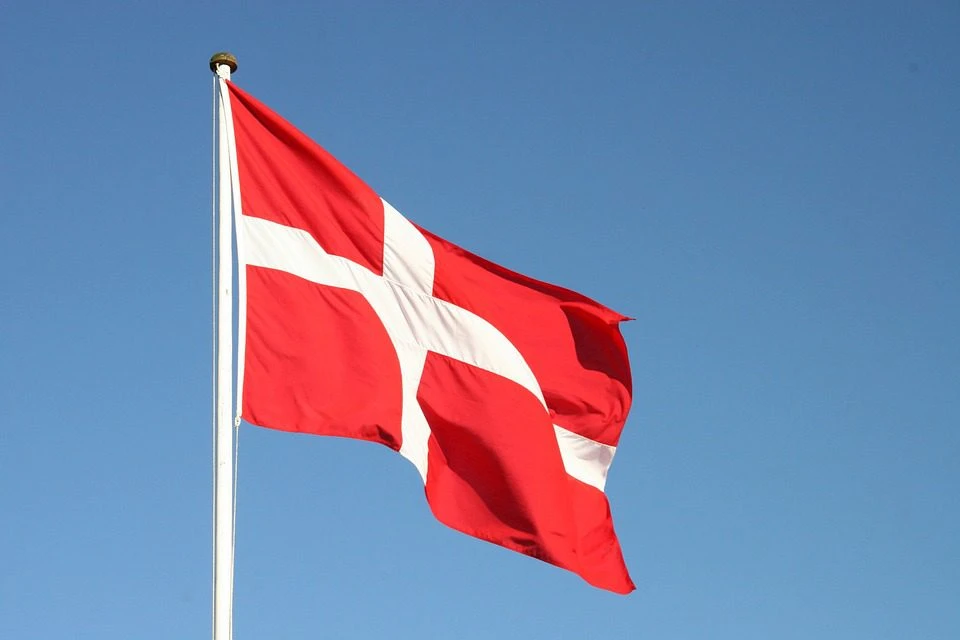Denmark partners Facebook to combat black market

Since the opening of the Danish market in 2012, the country’s regulator has attempted to block sites that target Danish consumers without a licence.
While Spillemyndigheden said it can often appear that the illegal market is growing in size, the regulator noted that it is ultimately limited and that the increasing number of blocked sites is more an expression of the increased focus the authority has had on the unlicensed sector in recent years.
In 2022, the organisation blocked 82 sites – a record total banned in a single year. This yearly record followed on from the previous highest total blocked, which occurred the year before in 2021 when the body blocked 55 sites.
In 2022, the Authority – in collaboration with the Danish Tax Agency’s anti-fraud unit – carried out a number of investigations into potentially illegal sites. Additionally, the regulator experimented with using a third party to lead the investigations, but ultimately found that the private entity was not able to prove themselves more effective than the anti-fraud unit.
Spillemyndigheden said that it had observed that access to illegal gambling is increasingly being organised via Facebook groups. In addition, the regulator said that it had noticed illegal gambling advertisements and search results on Google.
As a result of this, the regulator said that it had begun collaborating with Facebook in order to close a group or delete a post if it features illegal gambling. While, as of yet, the organisation has not established a similar partnership with Google, Spillemyndigheden said it was “in the process” of doing so.
“The Gambling Authority is working to establish more collaborations with other media where we see that illegal gambling or the illegal dissemination of gambling is taking place,” said the regulator.
“If you as a citizen want to help the Gambling Authority in our supervision, we encourage you to document the gambling bid with pictures or video and a link to any websites,” it added.
Illegal affiliates
The Authority also reported the numbers of affiliate websites which it had discovered driving user traffic to the unlicensed sector. It said that unlicensed offerings often explicitly advertise to those who have registered for the Danish self-exclusion system ROFUS, by using phrases such as “Play outside ROFUS”.
“It is a clear breach of the purpose of the Gambling Act, which is, among other things, to protect young people or other vulnerable people from developing gambling addiction and to ensure that games are offered in a fair, responsible and transparent manner,” said the regulator.
“Therefore, there is also a requirement in gambling legislation for a register that allows the individual citizen to exclude themselves from gambling as well as a requirement to be able to identify online players.”
